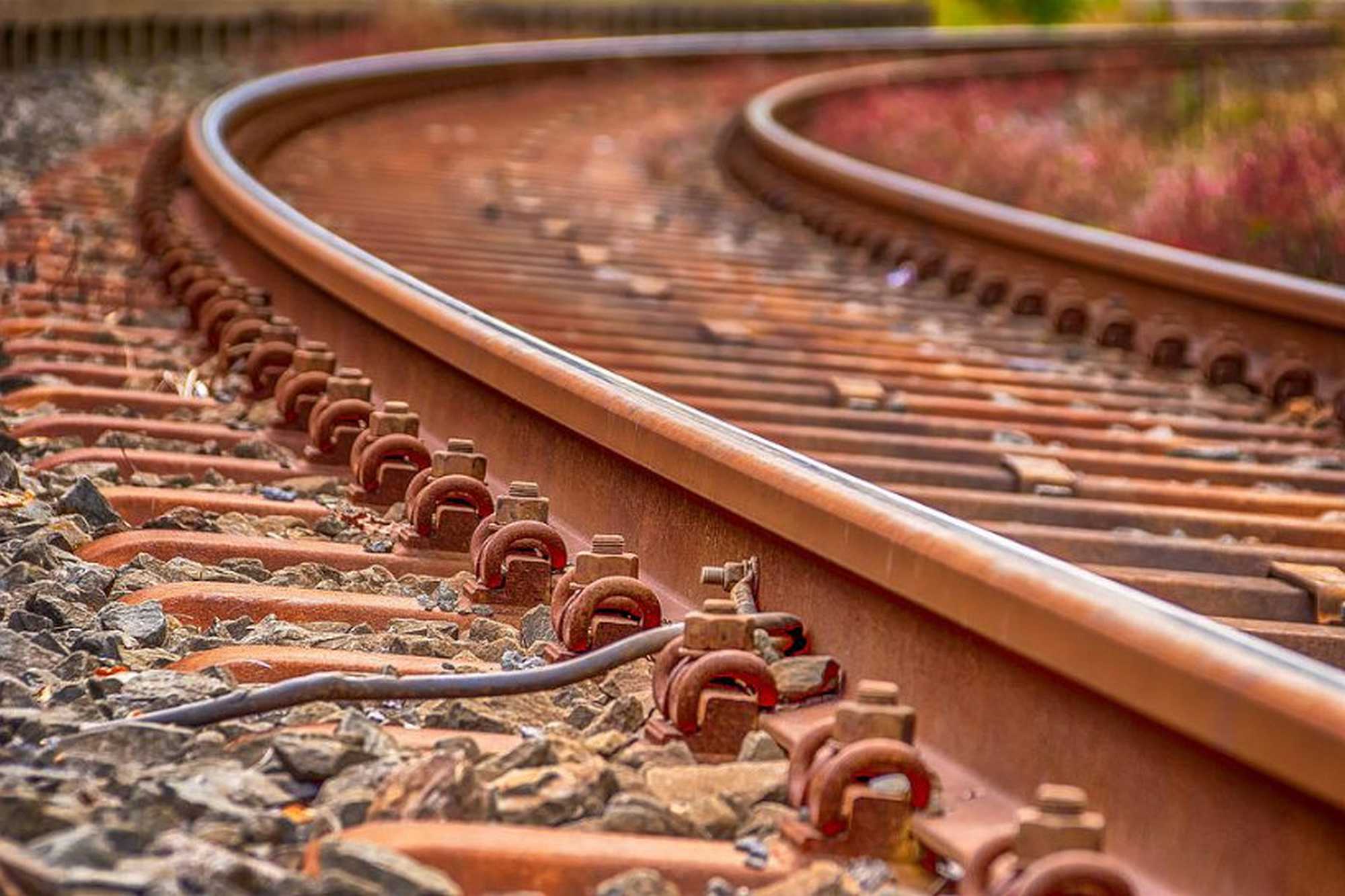A controversial freight railway line that would cut through Indigenous lands in the Brazilian Amazon looks set to be approved for construction by the federal government as soon as April, despite a lawsuit pending against it by local prosecutors.
The EF-170 railroad, known as the Ferrogrão, or Grainway, is a priority project of the federal government and will run 933 kilometers (580 miles) from the municipality of Sinop, in Mato Grosso state, to Miritituba in Pará state.
The call for a tender is expected to be released within the first quarter of 2021, and the project is expected to be granted its environmental license in April.
All the freight traffic between the two cities currently flows through the BR-163 highway, bringing produce from Mato Grosso north to the river terminal in Pará. At present, though, more than 70% of Mato Grosso’s harvest is trucked southeast to the Atlantic ports of Santos and Paranaguá for export.
With the railroad, the government aims to avoid this arduous step of the journey, instead sending commodities like soybean and corn to the transshipment terminal in Miritituba and onto ships sailing out to the Atlantic via the Tapajós, Tocantins and Amazon rivers. Aside from grains, the government also plans to transport soybean oil, fertilizers, sugar, ethanol, and petroleum products.
While the railroad is considered vital for grain shipping, the way the federal government is pushing ahead with the project has raised concerns. In particular, the Federal Prosecutor’s Office (MPF) in Pará has challenged the government’s failure to seek the free, prior and informed consent of the Indigenous peoples through whose lands the railway would pass.
In October, the MPF and five civil society organizations filed a request with the Federal Court of Accounts, the government accountability office, for the precautionary suspension of the privatization process and for the call for tender to be stopped.
Public prosecutor Felipe Moura Palha said the fact that the federal government has violated the Indigenous communities’ right to participate in discussions about the project risks imposing significant economic losses in the future.
“This is the first time that the MPF has called on the Court of Accounts to analyze a large project in the Amazon with an eye on economics,” he said.
The MPF says the lack of data on the real environmental impacts of the project means the cost of compensation could be greater than imagined and possibly lead to losses from the public coffers.
“We maintain that prior consultation, analysis and the effect on Indigenous communities in the economic viability analysis for the project is essential,” Palha said.
In response to the request filed by the MPF, the court notified the National Land Transportation Agency (ANTT), the federal regulator for railway and highway infrastructure, and Funai, the federal agency for Indigenous affairs, to carry out consultations with Indigenous peoples along the route of the planned rail line.
But even then, the federal government has played foul, according to the MPF: prosecutors allege that the government’s Special Secretariat of the Partnerships and Investments Program (SE-PPI) tried to improperly entice an Indigenous Munduruku leader to act on behalf of the tribe.
The Munduruku people, with a population of about 13,700 occupying territories along the Tapajós River, have their own political organizations. According to the MPF, the government sought out a single person to be “the speaker granted representation to articulate the interests of his people.”
On December 14, the MPF recommended that the prior consultation process also include the project’s impacts on the Indigenous peoples in the state of Mato Grosso who would be directly or indirectly affected by the Grainway. The recommendation was aimed at Funai and IBAMA, the federal environmental protection agency.
Indigenous People Ignored
Melillo Dinis is a lawyer with the Instituto Kabu, representing 12 communities of the Mêbêngôkre-Kayapó people, including some 12,000 Kayapós. He said the Indigenous people have yet to form an opinion about the Grainway because the project has not yet even been presented to them.
Dinis said there are currently three issues under debate: the right to prior consultation and fulfillment of Indigenous protocol, neither of which were acknowledged by the government of President Jair Bolsonaro; the need for thorough social and environmental evaluation of the degradation, deforestation and growing tensions over territory in the region; and the fact that representatives of governmental agencies affirmed that Indigenous rights would be respected but did not carry out their promises.
“The context that has been presented to us until now is completely disrespectful of Indigenous peoples,” he said. “They have been living here for around 10,000 years. We will fight until the end.”
Dinis noted that the project has been dragged out over previous administrations; the Grainway was proposed in 2016, under the watch of then-president Dilma Rousseff, who was later that year impeached and replaced by Michel Temer. Temer was succeeded by Bolsonaro.
“Before, they would listen to us but wouldn’t pay any attention,” Dinis said of the Rousseff and Temer administrations. “This administration won’t even listen to us. So the outcome is the same.”
Prosecutor Palha said there’s no way to stipulate a ceiling on spending on the project without knowing how much to allocate for environmental compensation. “We are not opposed to development projects,” he said. “Our request is: carry out the prior consultation before claiming that the project is viable so it can be discussed.”
He cited the case of the Belo Monte dam in the state of Pará as an example. A significant decline in the flow rate of the Xingu River now threatens the viability of the dam, raising the prospect of new power plants, likely fired by fossil fuels, needing to be built.
“We want to avoid this situation with the Grainway, having a project already installed that hasn’t been properly planned,” Palha said. “This is why the Court of Accounts is carrying out an unprecedented economics analysis.”
Controversy over the Grainway began in 2016 when it was announced that studies would be carried out to make the project viable. In 2018, it was reported that the Kayapó people had expressed their concern over the potential threats posed by the railway and had written a letter to the ANTT.
In it, tribal chief Anhe Kayapó said: “The Grainway cannot be built without reinforcing controls, protection and vigilance in the Conservation Units and Indigenous Lands [along its route].”
Jennifer Ann Thomas is a Brazilian journalist with experience in environmental affairs, sustainability and human rights. She has traveled all the regions in Brazil and reported from the different biomes. From the Amazon rainforest, she has covered crimes against wildlife, illegal mining and contemporary slave work.
In 2016, she traveled the Doce river after the Samarco dam break and covered the impacts from the worst socioenvironmental disaster in the country’s history. On a regular basis, she reports on government transparency, deforestation rates and public policies. In 2018, she was shortlisted as one of the top 10 sustainability journalists in Brazil.
This article appeared originally in Mongabay. Read the original article here: https://news.mongabay.com/2021/03/freight-train-project-that-railroads-indigenous-rights-still-on-track/











